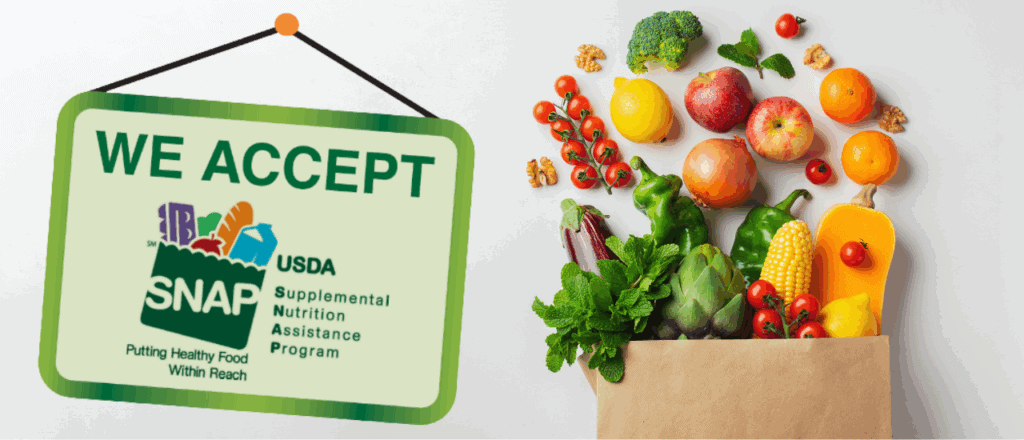Despite urgent warnings from hunger-relief advocates, economists, and frontline organizations like food banks and pantries, Congress has passed historic disinvestment in the Supplemental Nutrition Assistance Program (SNAP), creating new barriers to accessing critical food benefits. The impact of this legislation could be devastating – worsening food insecurity, destabilizing working families, and overloading a food assistance system that’s already stretched to the brink.
Nearly 850,000 New Jerseyans count on SNAP to help them put meals on the table. Here’s what the new law does to put nutritious food out of reach for many of them:
Expands work requirements dramatically
The age limit for 20-hour-per-week work requirements has increased from 54 to 64, putting older adults at risk of losing benefits, even in the face of health issues, caregiving responsibilities, or age discrimination while seeking employment. Caregivers of children over 13 are no longer exempt, and in two-parent households, both parents must meet the threshold. Exemptions for vulnerable veterans, former foster youth, and people experiencing homelessness have also been eliminated. Neighbors experiencing lapses in employment due to illness, seasonal jobs, or circumstances beyond their control could lose their benefits for three years.
Eliminates certain deductions
The law removes certain deductions, including internet expenses, from SNAP calculations, lowering benefits for around 65% of households, even as staying connected remains essential for work, school, job seeking, and accessing services.
Passes costs on to states
By transferring some SNAP costs from the federal government to states, the law could force cuts to essential services or tax hikes.
Overburdens community resources
Our partners are already seeing longer lines and asking, “Where will we get the food to meet this increased need?” When SNAP changes drive more people to food pantries, local food assistance organizations face surge capacity they cannot meet.
The Bottom Line
These changes will have far-reaching implications for our neighbors, for the broader economy, and for every aspect of CFBNJ’s work. They place even more responsibility on individuals, businesses, and community organizations to help ensure no one goes hungry.
Despite this legislation, we will do everything we can to continue supporting our neighbors in need. For kids. For families and seniors. For the nearly 1.1 million New Jerseyans who are food insecure. Now is the time. Stand with us to protect those most at risk. It’s more important than ever before that we unite to end hunger.
